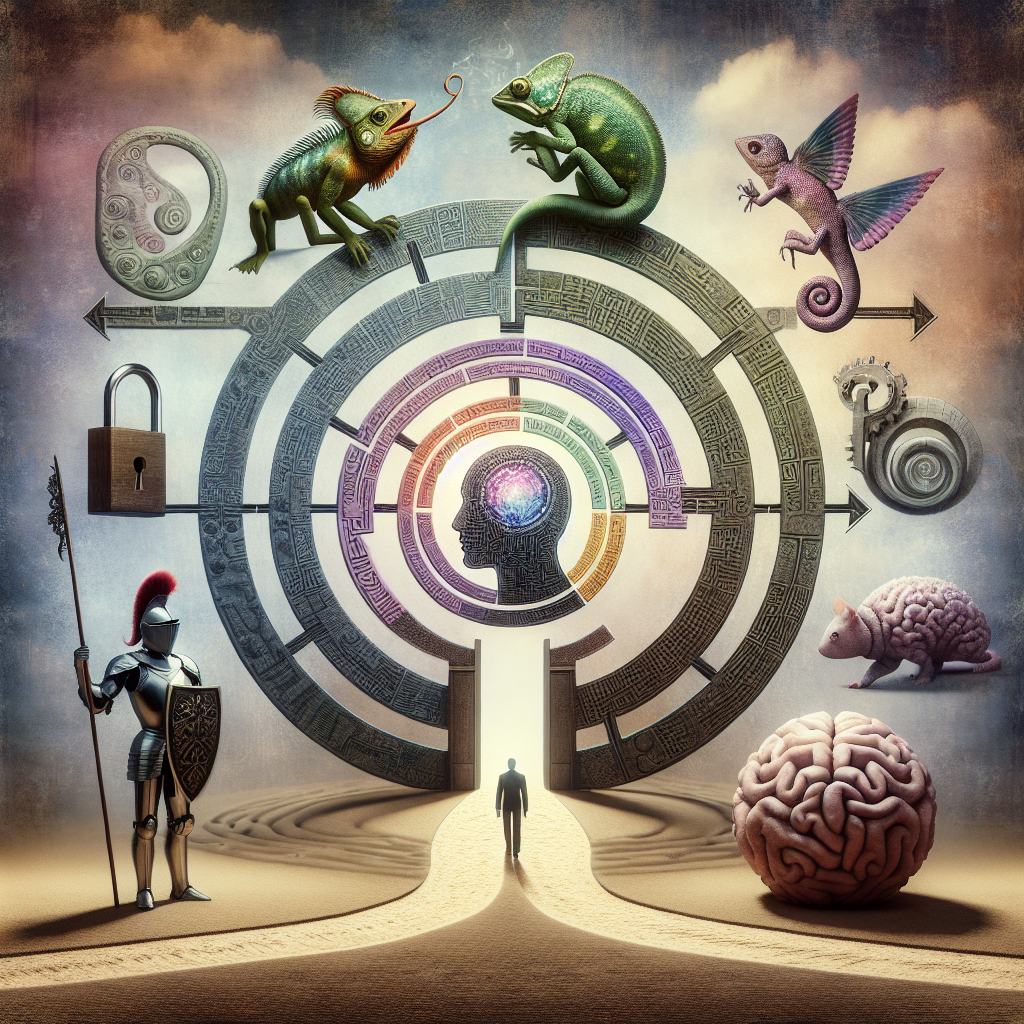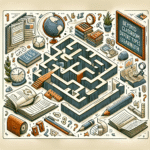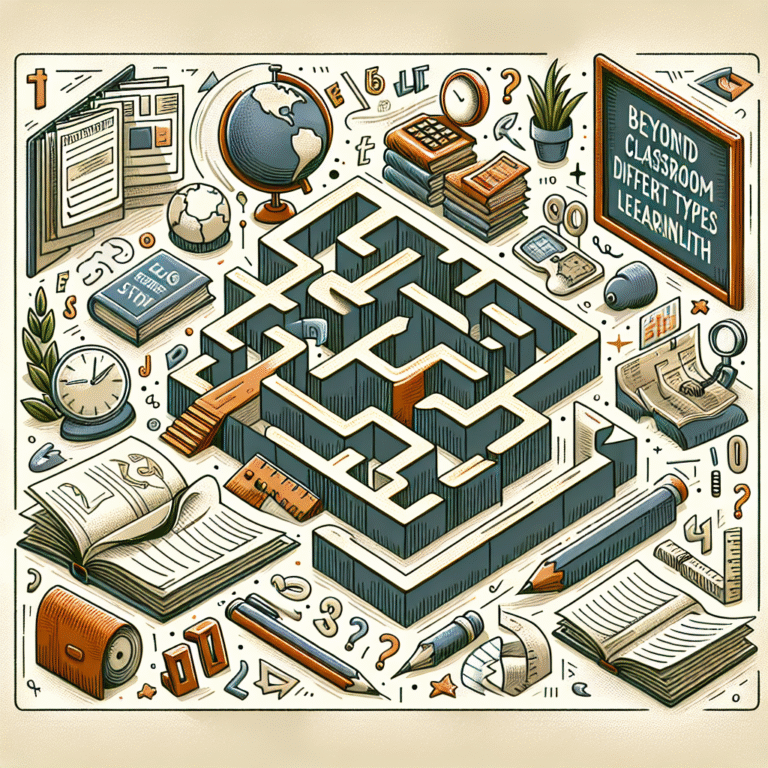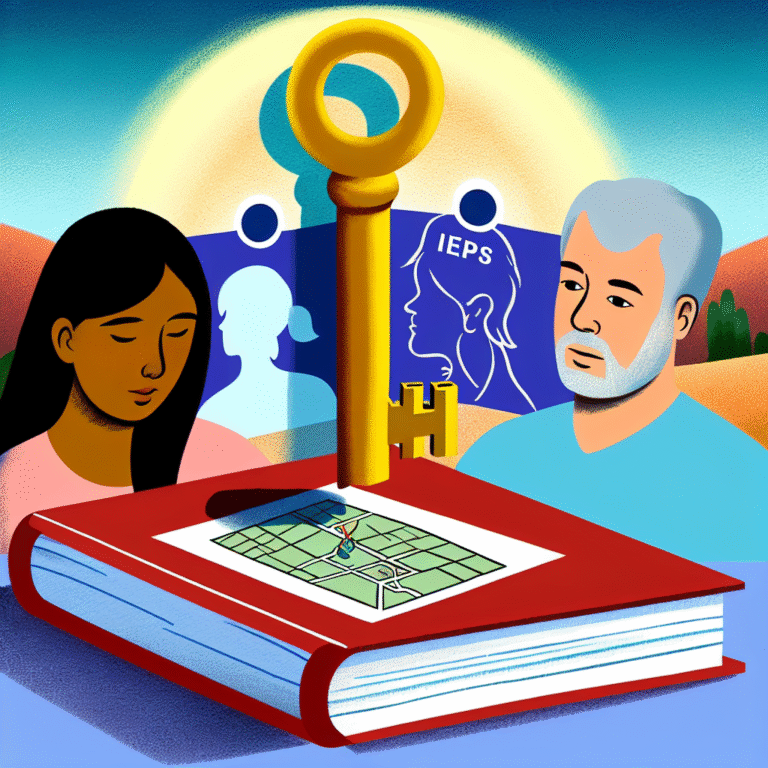
Introduction
Imagine a world where our feelings and thoughts are constantly bared to the elements—vulnerable and exposed. The reality is that, as humans, we are hardwired to protect ourselves from emotional pain, social rejection, and even existential threats. This innate drive gives rise to defense mechanisms—critical psychological strategies that influence our behaviors and interactions. In this article, we delve deep into The Psychology of Protection: How Defense Mechanisms Shape Our Behavior, unraveling the complexities of these mechanisms and their roles in our everyday lives.
The Foundation of Defense Mechanisms
What Are Defense Mechanisms?
Defense mechanisms are unconscious psychological strategies that individuals employ to cope with anxiety and maintain self-esteem. Originating from Sigmund Freud’s psychoanalytic theory, these mechanisms work to minimize feelings of discomfort or psychological distress. While helpful in the short term, they can inhibit personal growth and lead to maladaptive behaviors in the long run.
Historical Context
The development of defense mechanisms can be traced back to early psychoanalytic theory. Freud proposed various mechanisms, which have since been expanded upon by psychologists like Anna Freud and Karen Horney. Understanding these historical contexts adds depth to The Psychology of Protection: How Defense Mechanisms Shape Our Behavior.
Common Types of Defense Mechanisms
Understanding different types of defense mechanisms is essential for recognizing their impact on behavior.
| Defense Mechanism | Description | Example |
|---|---|---|
| Repression | Pushing distressing thoughts into the unconscious | Forgetting a traumatic event from childhood |
| Denial | Refusing to accept reality or facts | Ignoring a chronic health issue |
| Projection | Attributing one’s own unacceptable feelings to others | Suspecting a partner of cheating due to personal insecurities |
| Rationalization | Justifying behaviors with plausible reasons | Claiming a poor grade is due to an unfair professor instead of lack of study |
| Displacement | Redirecting emotional responses to a safer target | Taking out frustration from work on a family member |
The Role of Defense Mechanisms in Everyday Life
Case Study: The Workplace
In workplace settings, defense mechanisms can manifest in various ways. For instance, a manager who is overwhelmed may resort to denial, ignoring the mounting stress until it becomes unmanageable. Alternatively, an employee who feels consistently undervalued may project their insecurities onto colleagues, fostering an unhealthy work environment.
Analysis: Such behaviors not only impair personal well-being but can significantly disrupt team dynamics and productivity, illustrating the pervasive influence of The Psychology of Protection: How Defense Mechanisms Shape Our Behavior in professional contexts.
Case Study: Personal Relationships
Consider a couple in therapy. One partner frequently exhibits rationalization for not spending quality time together, justifying it with work commitments. However, the core issue often stems from deeper emotional fears, like fear of intimacy or vulnerability.
Analysis: This example emphasizes how defense mechanisms can obstruct authentic communication and connection, hindering relationship development. Understanding these patterns can facilitate healthier interactions.
The Impact on Mental Health
Defense mechanisms play a double-edged sword role in mental health. While they can offer immediate relief from distress, over-reliance on these mechanisms can lead to significant challenges.
Psychological Disorders
Excessive use of defense mechanisms can contribute to various psychological disorders, such as anxiety, depression, and borderline personality disorder. For instance, individuals who primarily engage in repression may struggle with unresolved trauma, leading to feelings of sadness and unexplained anxiety.
Breaking the Cycle
Identifying and understanding these mechanisms can encourage healthier coping strategies. Therapy techniques, such as cognitive-behavioral therapy (CBT), can assist individuals in recognizing and addressing their defense mechanisms, promoting emotional resilience.
Self-Awareness and Growth
Understanding The Psychology of Protection: How Defense Mechanisms Shape Our Behavior encourages personal growth. Acknowledging your defense mechanisms can evoke insights, fostering emotional intelligence and healthier coping strategies.
Techniques for Self-Reflection
- Journaling: Writing about daily experiences and emotional reactions can reveal patterns related to defense mechanisms.
- Mindfulness Practices: Engaging in mindfulness and meditation can increase awareness of emotional responses and defense patterns.
- Therapeutic Conversations: Talking to a therapist or trusted individual can provide insight into unconscious behaviors and motivations.
Conclusion
In conclusion, The Psychology of Protection: How Defense Mechanisms Shape Our Behavior is a vital area of exploration, enabling us to understand how our unconscious strategies affect our interactions and emotional well-being. By recognizing and confronting our defense mechanisms, we foster personal growth, improve relationships, and enhance mental health.
As we navigate life’s challenges, let’s strive for awareness and choose growth over self-protection.
FAQs
1. What are the most common defense mechanisms?
Common defense mechanisms include repression, denial, projection, rationalization, and displacement. Each serves to protect our psyche but can lead to maladaptive behaviors if excessively relied upon.
2. How can I identify my own defense mechanisms?
Self-reflection, journaling, and therapy can aid in recognizing patterns of behavior that indicate specific defense mechanisms at play.
3. Can defense mechanisms be beneficial?
In small doses, defense mechanisms can provide temporary relief and help us cope with stress. However, over-reliance can be detrimental to mental health and interpersonal relationships.
4. How do defense mechanisms affect relationships?
Defense mechanisms can hinder open communication and foster misunderstandings, often leading to conflict or emotional distance in relationships.
5. Is it possible to change one’s defense mechanisms?
Yes, with awareness and consistent effort, individuals can learn healthier coping strategies through techniques such as therapy, mindfulness, and self-reflection.
Understanding The Psychology of Protection: How Defense Mechanisms Shape Our Behavior equips us with tools for emotional resilience, better relationships, and a more profound connection with ourselves. Embrace this journey of self-discovery and growth!











